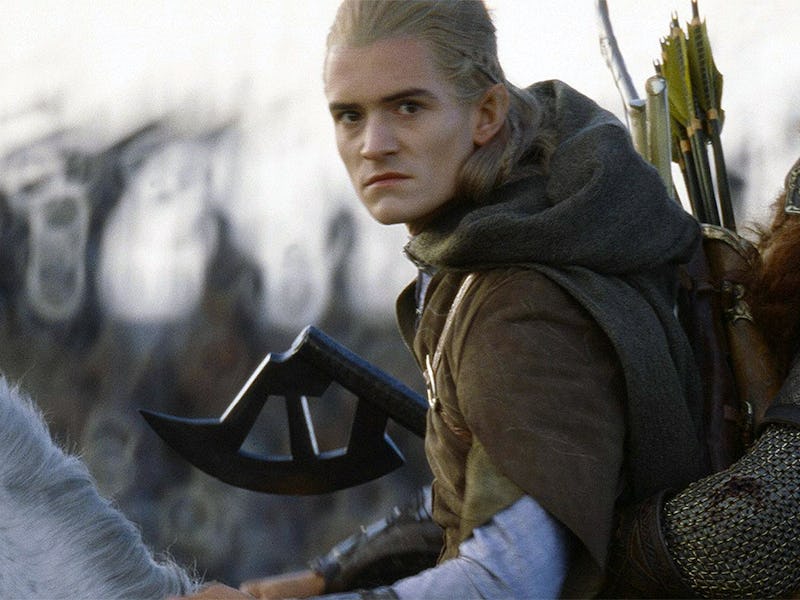Rings of Power pulls off a brilliant trick Peter Jackson never dreamed of
The Lord of the Rings comes close, but Amazon’s new show offers a perspective we’ve never seen before.

Elves have appeared in folk tales and mythology for so long that we don’t actually know when they were first invented, but we do know who came up with the idea that elves are immortal. That was J.R.R. Tolkien, who redefined the pointy-eared mythological species in The Hobbit and his Lord of the Rings trilogy. Now, almost a century later, The Lord of the Rings: The Rings of Power has managed to do something truly unique using the rules established by Tolkien back in 1937.
While elves and immortality have always been intertwined in Middle-earth, we’ve never fully understood what that means from the elf’s perspective (at least not in the Peter Jackson movies, which largely centered on humans and hobbits). But in Rings of Power, we’re finally getting a sense of what it means to live forever, and how that colors the way you’d view the mortals who make up Tolkien’s world.
Rings of Power’s Elven perspective
The Rings of Power centers its story around elf characters.
From the very start, The Rings of Power is all about its elves. That’s partially out of necessity. After all, the only two characters we’ve actually seen before are both elves (Elrond and Galadriel). As a result, the elves play a crucial role across the Amazon show’s many plotlines. This gives us a new understanding of what it means to live forever and how it affects the elves’ relationships with humans, dwarves, and other mortal beings.
In Episode 1, Galadriel narrates the prologue, establishing herself as a warrior who’s experienced more trauma than any human could possibly imagine. During the 500-year-long conflict with Morgoth that predates Rings of Power, Galadriel watched countless elves fall in battle. It’s shaped her in a way no human warrior could ever understand and becomes increasingly relevant once we reach Episode 3.
Durin the dwarf with Elrond the elf in The Rings of Power.
But first, in Episode 2, we follow Elrond as he visits his old friend Durin, leader of the dwarves, in the kingdom of Khazad-dûm. Elrond seems surprised when he isn’t greeted with open arms, but Durin soon reveals the reason why: his good friend hasn’t visited in 20 years, missing the dwarf's wedding and the birth of his children in the process. Two decades might seem like nothing to an elf, but for Durin, it’s a lifetime. This one conversation reveals why relations between elves and mortals always seem frosty in Middle-earth more clearly than anything we saw in Lord of the Rings.
Finally, in Episode 3, when Galadriel visits the human kingdom of Numenor, it becomes clear that her version of history differs greatly from the island’s inhabitants. Once again, the difference between mortality and immortality creates a nearly unnegotiable barrier between humans and elves.
Rings of Power vs. Lord of the Rings
Hugo Weaving plays Elrond in Peter Jackson’s Lord of the Rings movies.
Of course, Lord of the Rings doesn’t totally miss this point. The most obvious example is Arwen Undómiel, an elf (and Elrond’s daughter) who marries the human Aragorn. (She’s played by Liv Tyler in the movies.) Elrond warns Arwen that she’ll experience the sorrow of outliving her husband, but that’s a narrow view of separates elves and humans. Rings of Power is giving us a much fuller perspective.
In The Lord of the Rings, the elves often come across as either ethereal or unfriendly. They’re above the problems of mortals, and if they do get involved it’s a huge deal.
With Rings of Power, we’re finally seeing why elves act the way they do. In the process, it’s become clear that they’re not acting out of contempt but out of self-preservation after learning the hard way what it means to be immortal in a mortal world.
The Rings of Power airs Fridays on Amazon Prime.
This article was originally published on